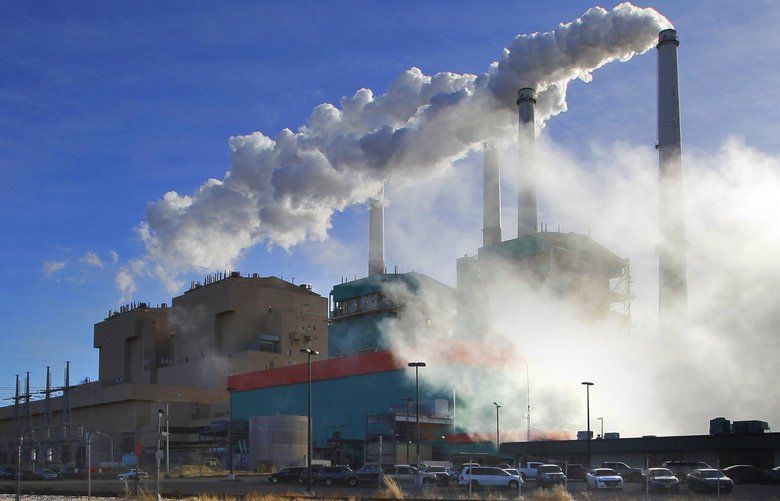U.S. coal-fired power plants closing fast despite Trump's pledge of support for industry
Power companies retired or converted roughly 15,100 megawatts (MW) of coal-fired electricity generation, enough to power about 15 million homes, according to the data, which included preliminary statistics from the Energy Information Administration and Reuters reporting. The replacement of coal...
Looks like companies are shutting down plants despite pollical attempts at keeping them open.
NH still has two coal plants. They were owned by the states biggest utility which meant the utility effectively got paid to keep them in operation even if they were not competitive. The utility decided to become a strictly transmission and distribution company and sold all their power generation in the last two years. The "green" hydro power was sold to a couple of "green" firms while the coal plants were sold to a hedge fund that is required by the terms of the deal to run the plants for three years and keep the employees working at the plants employed under the same contracts they had under the utility (very generous pay, benefits and pensions). The utility made out well on this deal as the NH ratepayer had to pay off the significant paper losses the utility had on the books between what they claimed the plants were worth and what the market would pay. Its expected that at the end of three years unless the hedge fund works out a deal with the regional grid operator to keep non natural gas fired generation in the regional generation mix that both plants will have a tough time running. The New England region is currently short of generation so they may just pull it off at least in the short term. No doubt in my mind that if the plants close the hedge funds owning the plants will disappear and the state will end up with a couple of hazardous waste sites to clean up.
This sort of short and long term thinking is going on all over the country. In the short term coal may be "cheap" using existing assets but a change of the administration could make it quite expensive if carbon limits are put in place. Coal ash is also a potential for long term liability as Duke Energy has recently found out. Coal ash would be regulated as hazardous waste if it was not a byproduct of coal power plants. It is generated in large quantities and up until recently was moved around a plant with water making it a wet slurry that has be pumped to holding ponds to slowly dry out. The resulting sludge is toxic and when either it or the leachate from the ponds get into the surroundings it is hard on the ecosystems down stream. A new administration does not need to ban coal directly but changing the requirements for ash disposal could quickly drive the cost for coal fired power up.
The only slight bit of optimism is the conversion of these coal plants to nuclear fueled plants using the new Small Modular Reactor (SMR) concepts. https://en.wikipedia.org/wiki/Small_modular_reactor. The actual power boiler and fuel handling systems are useless but the turbines and cooling systems and balance of plant systems can be reused. IMHO unless there is major shift in nuclear sentiment in the US, I don't see this happening in the US but possibly in the third world. The third world is where it can do the most good as many third world countries, like India, depend on coal for baseload.




